Natural Ways to Keep Dairy Fresh
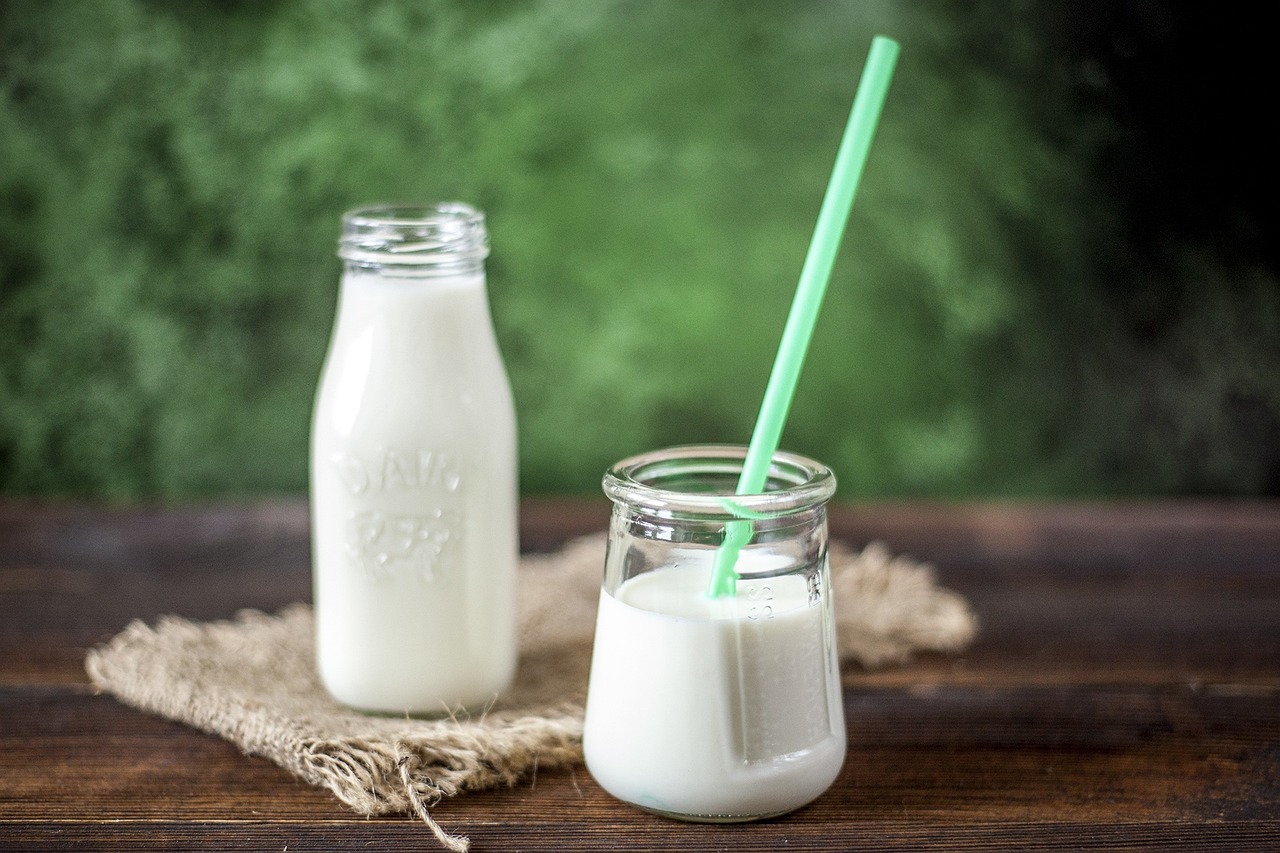
Trying to keep dairy fresh is notoriously hard to do, but there are ways to extend the shelf life of dairy and most other foods. The following are some suggestions:
To keep milk fresh, keep it and all dairy products refrigerated at less than 40º F. Milk should be stored on the shelves of the refrigerator and not in the door, the temperature fluctuates the most in the door. Make sure you keep milk away from strong smelling foods as much as possible. You can also keep milk fresher by adding a pinch of salt to it when you first open it. Canned milk should be refrigerated and used within 7 days of opening.
Keep butter tightly wrapped, this will slow down rancidity, which speeds up when exposed to air or light, this also helps to prevent it from picking up odors. Wrapped butter keeps fresh in the refrigerator for several months.
To keep eggs fresh, start by always buying grade “A” eggs, which are the highest quality, freshest eggs. The color of eggshells has nothing to do with flavor, nutritional value or quality, but rather it is determined by the breed of hen! At the grocery store, pack the eggs with frozen items, which will keep them cold longer. Store them in the original carton in the refrigerator; this will protect them from absorbing the odors and flavors of other foods, especially strong-smelling foods like cheese, cabbage or onions. Always keep cooked foods separated from raw foods when refrigerated.
The FDA recommends keeping eggs a maximum of 5 weeks in your refrigerator. One way to help eggs keep longer is to put vegetable oil or olive oil on a paper towel and coat the egg shell well. Since egg shells are porous to allow air in and out, the oil will help to prevent air from penetrating the shell. To test the freshness of an egg, put it in a bowl of cold water. If it’s fresh, it will sink and if it floats it is old! Only do this when you plan on cooking the egg since the water will wash away the protective layer on the egg that helps to prevent bacteria from getting in. A general rule of thumb is that raw whole eggs should be used by the “Best Before” date, raw yolks or whites should be used within 2 to 4 days and hard boiled eggs in the shell should be used within 1 week.
To keep cheese fresh, it should be stored in a warmer part of the fridge. Cheese industry experts suggest you use the bottom vegetable crisper to store cheese. In general, hard cheeses like Swiss and Cheddar last longer than softer cheeses, like Feta or Brie. After opening, Swiss and Cheddar should last 24-28 days in the fridge, whereas softer cheeses last 5-7 days. Any mold on the cheese can be removed, simply cut off about ½ an inch and the remaining cheese can be eaten. Cheese should not be wrapped too tightly, so try to use waxed paper or aluminum foil. Another way of keeping cheese longer is to put it in a Ziploc bag with a paper towel that has been soaked in white vinegar.
The Author:
Mark Gold has more than 27 years of experience in the Food and Beverage Industry. He has written numerous articles on foods and food preservation.


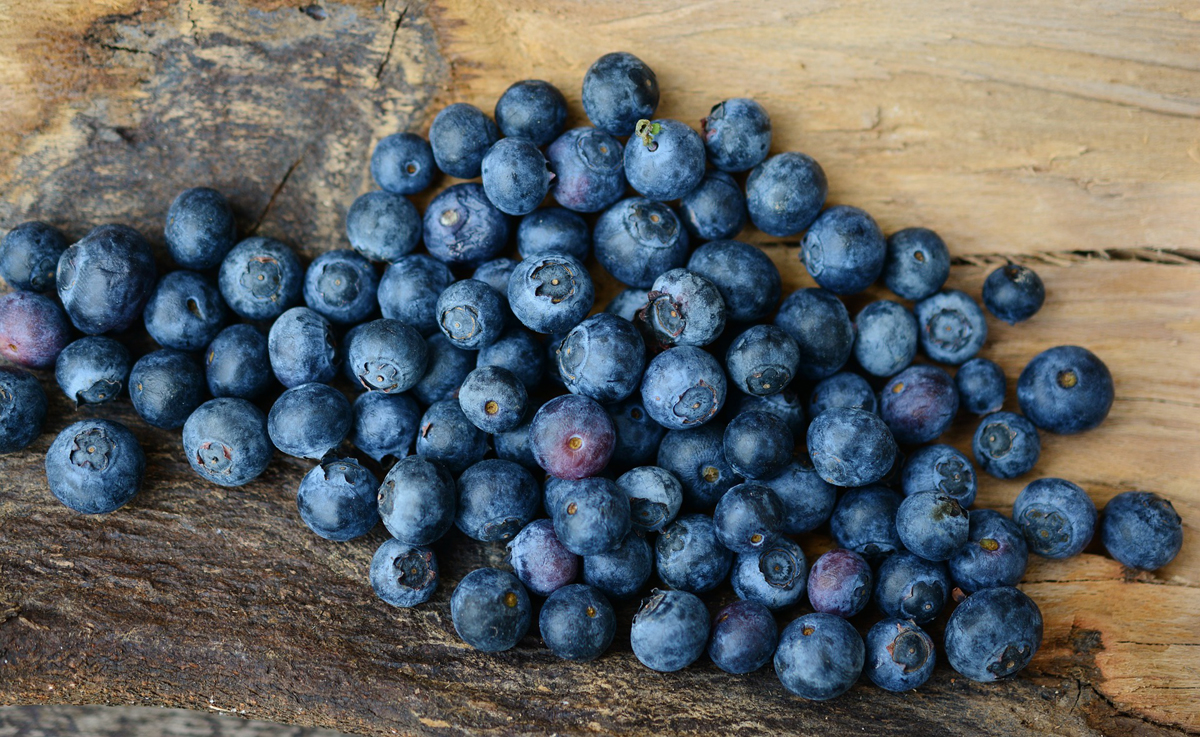
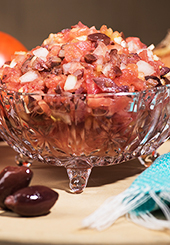

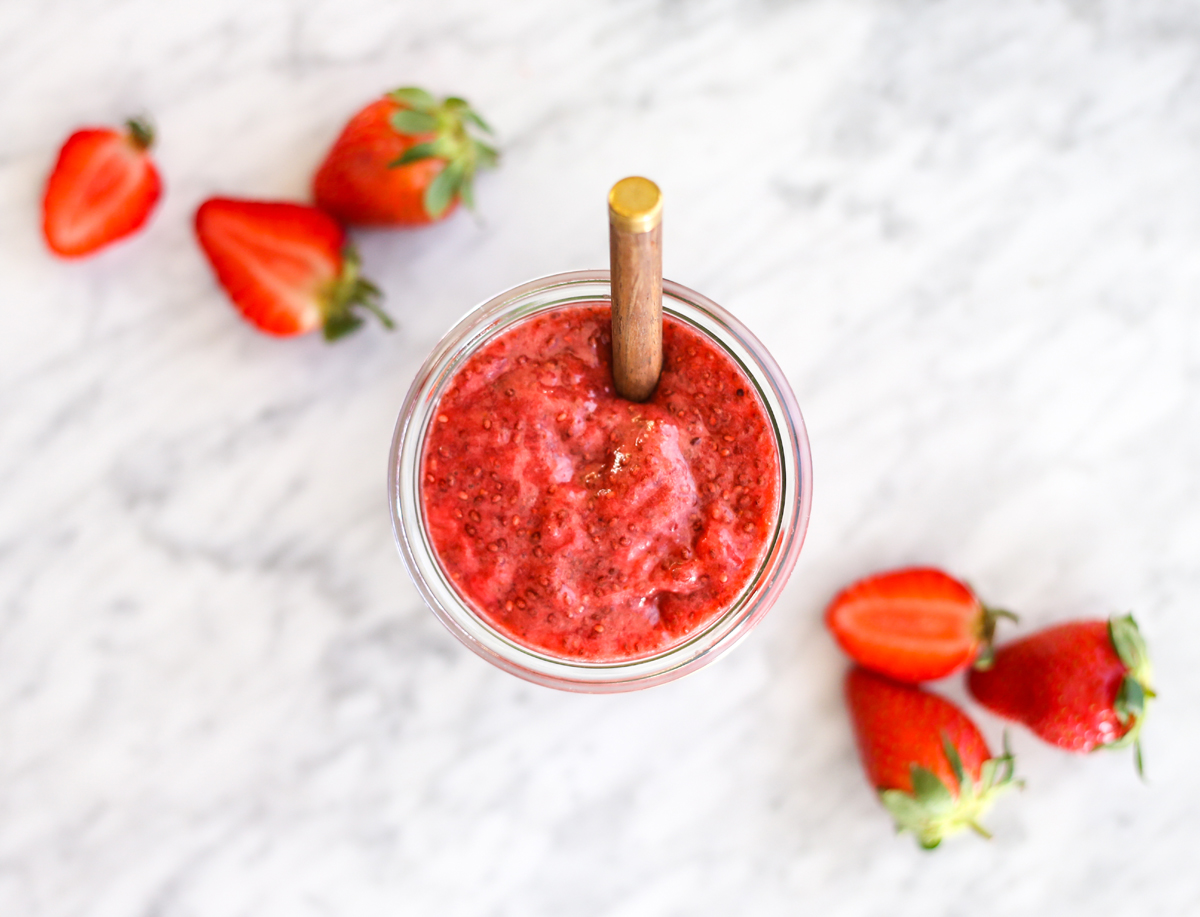
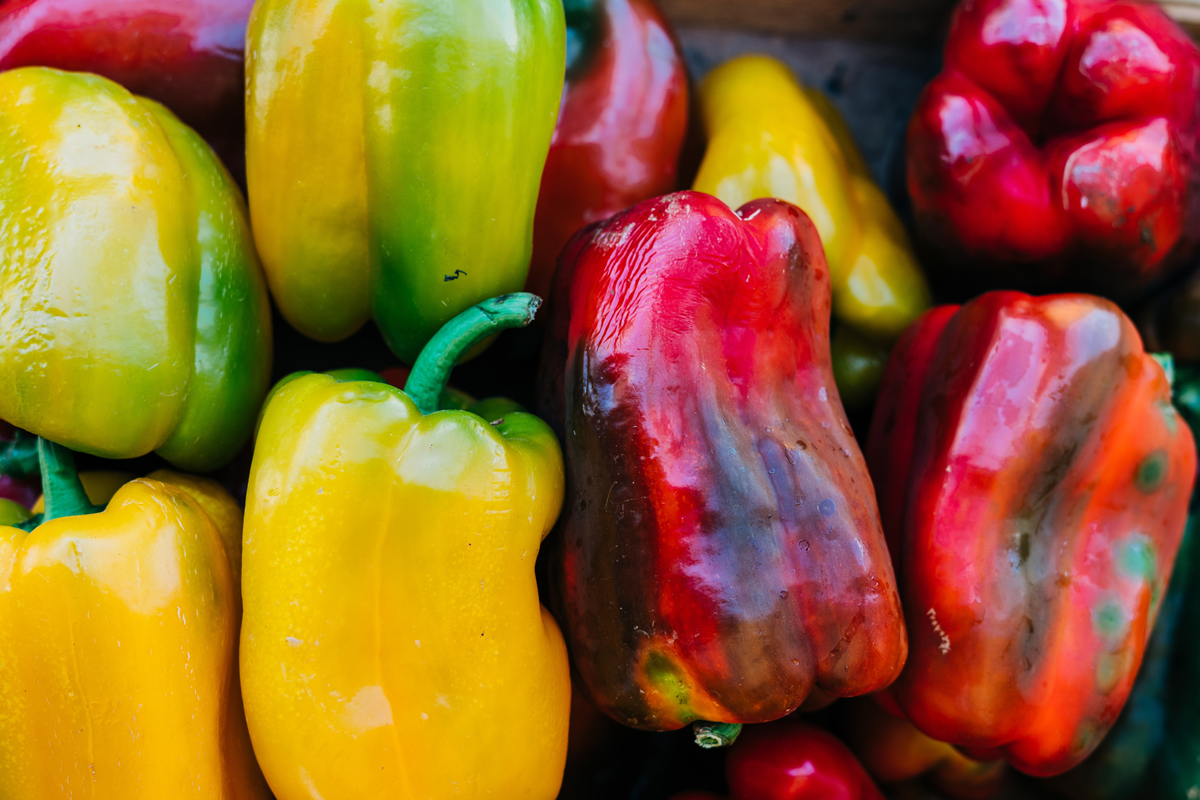
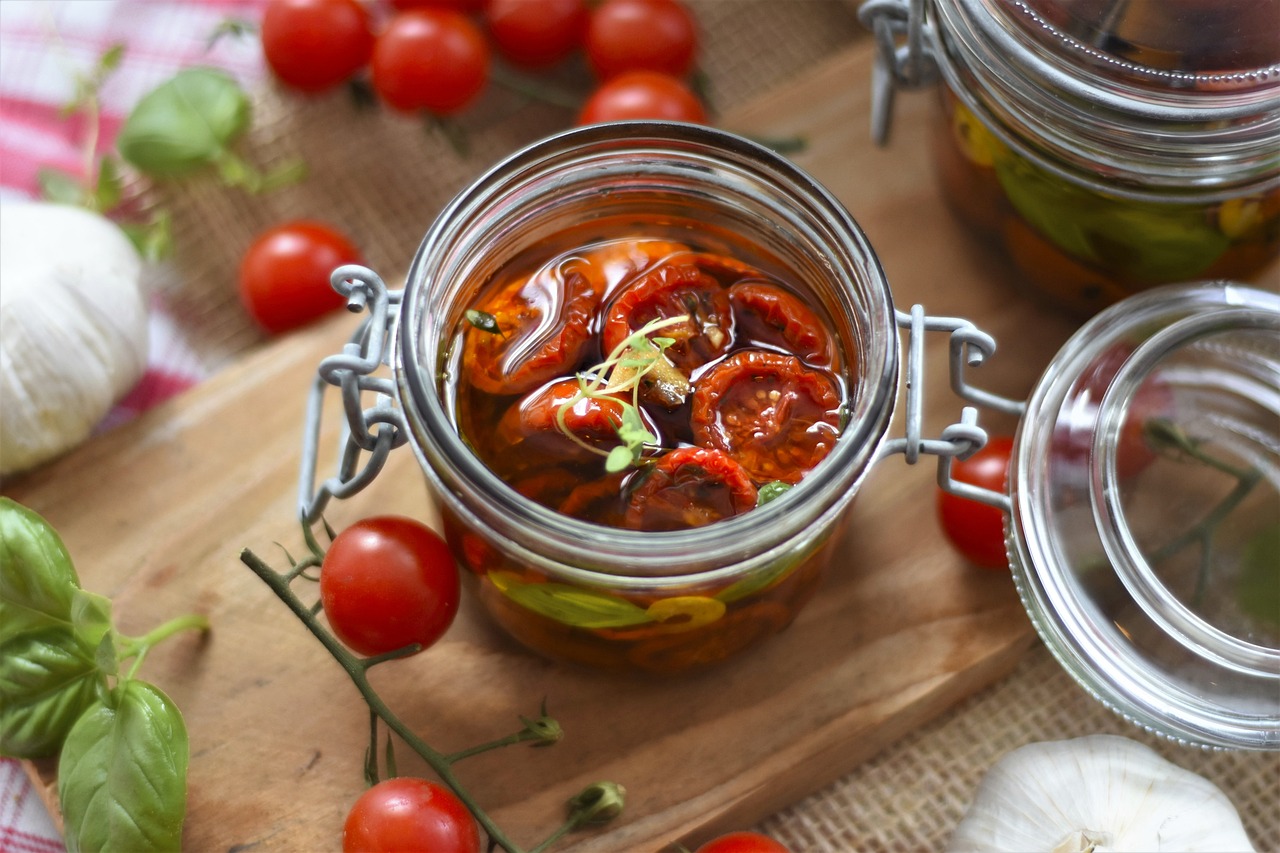
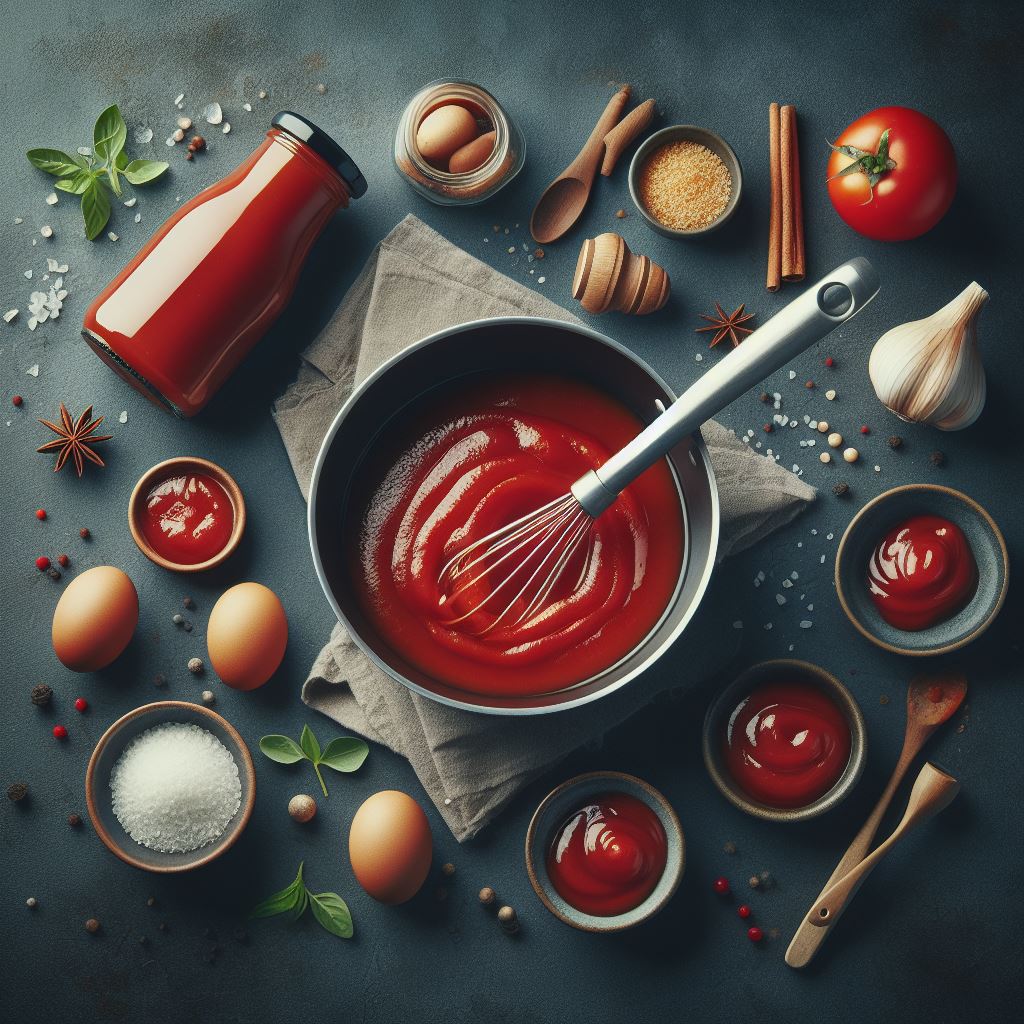
To make cottage cheese or even sour cream last longer, place the containers upside down in the fridge, it creates a vacuum that slows down the bacteria.